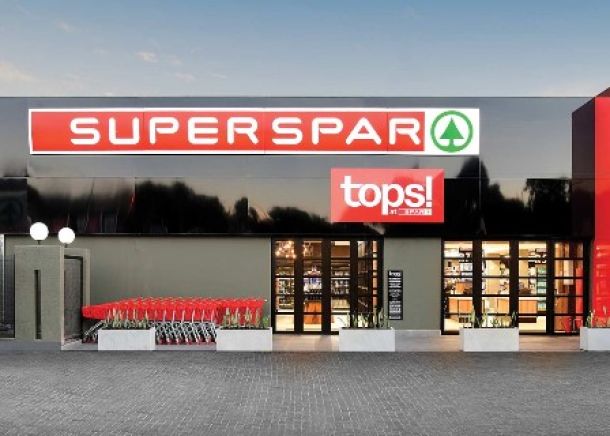Shoprite sales climb, with a little help from liquor
Shoprite, the owner of Checkers and Usave stores, said on Wednesday that liquor sales in its half-year to end-December 2019 rose by more than a fifth, helping to underpin almost double-digit sales growth in its core SA business.
Sales in SA rose 10% in the last six months of 2019, though analysts say the increase was off a low base after problems at a major distribution centre in Gauteng led to a difficult first half of the year.
However, the increase was offset by a 3.1% decline in revenue from African operations. The group said all three of its supermarket brands traded well in a tough market, though Angolan hyperinflation continued to weigh on its non-SA performance.
Electus fund manager equity analyst Damon Buss said: “Whilst Shoprite do offer great value to consumers through their pricing, the strong sales growth is largely due to a low base as the comparative period was negatively impacted by the supply chain issues they had.”
Total group sales for the six months to December 29 increased 7% to R81.2bn.
Buss pointed out that the low price inflation averaging at 2.7% “indicates the consumer is still under massive strain”.
Sales at Shoprite’s liquor business remained strong, growing 20.5%. Shoprite opened its 500th bottle store in 2019.
Its rivals also benefited from increased alcohol sales. Sales at Spar’s Tops liquor brand rose 17.6% year on year in its 2019 annual results.
As profits for large retail companies grow, concerns have been raised about the cost of heavy alcohol consumption in the country.
However, analysts say the rise in alcohol sales does not indicate stressed consumers are drinking more, but rather that retailers are swallowing up market share from privately owned small bottle stores.
Charles Parry, a researcher on alcohol for the Medical Research Council, found about 130 people die daily as a result of alcohol-related causes. Drinking alcohol is one of the causes of road accidents, trauma, stabbings and crime, foetal alcohol syndrome and premature death.
Work published in 2017 in the SA Medical Journal, using 2009 figures, found the combined total tangible and intangible costs of alcohol harm to the economy were estimated at 10%-12% of the 2009 GDP.
In 2017, then head of the Western Cape government Helen Zille proposed the Western Cape Liquor Act, which would have prevented new bottle stores opening within 50m of a grocery store, but it was not passed.
Legislation promoted by then health minister Aaron Motsoaledi in 2013 to ban alcohol advertising has come to nought seven years later, suggesting no imminent threat to retailers’ money spinner.
Outside SA, Shoprite has struggled to grow sales due to hyperinflation in Angola and major currency depreciations.
During the reporting period, the Angolan kwanza, Zambian kwacha and Nigerian naira depreciated 40.4%, 20.8% and 18.2% respectively against the US dollar compared to the previous year.
Gryphon equity analyst Casparus Treurnicht said he remained cautious about Shoprite’s prospects in Africa “due to currency devaluations and troublesome margins”.
Current CEO Pieter Engelbrecht appears to be less pessimistic about exiting African markets than outgoing Shoprite chair Christo Wiese, who opened stores across Africa 25 years ago.
At the November annual general meeting, Engelbrecht said: “We’ll take a decision no matter how difficult it is, if we have to close a country we will.”
With Karl Gernetzky
News Category
- International retailers
- On the move
- Awards and achievements
- Legislation
- Wine and liquor
- Africa
- Going green
- Supplier news
- Research tools
- Retailer trading results
- Supply chain
- Innovation and technology
- Economic factors
- Crime and security
- Store Openings
- Marketing and Promotions
- Social Responsibility
- Brand Press Office
Related Articles
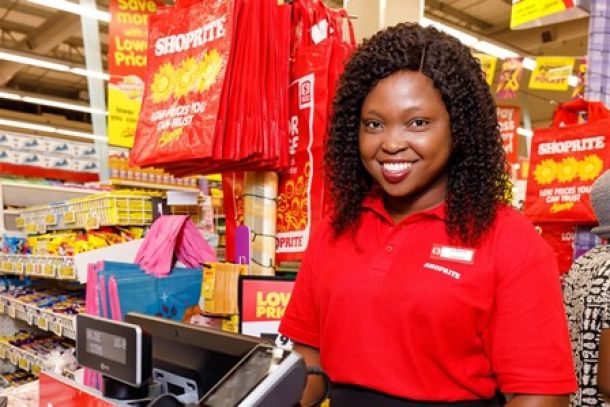
Shoprite Group's affordability focus wins with ...
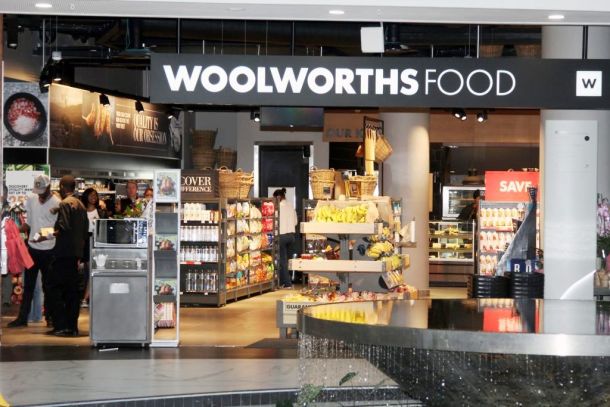
Woolworths expects 19% cut in full-year earnings
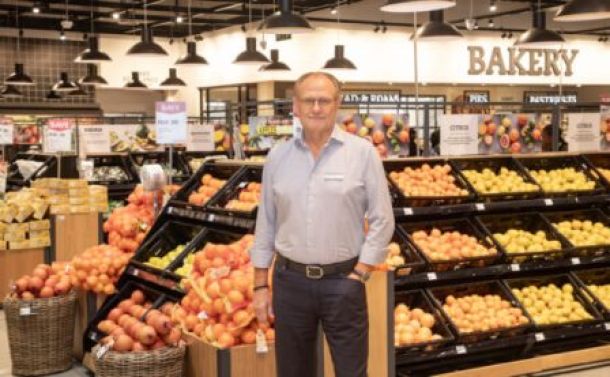
Pick n Pay plunges 16% on JSE as stock adjusts ...
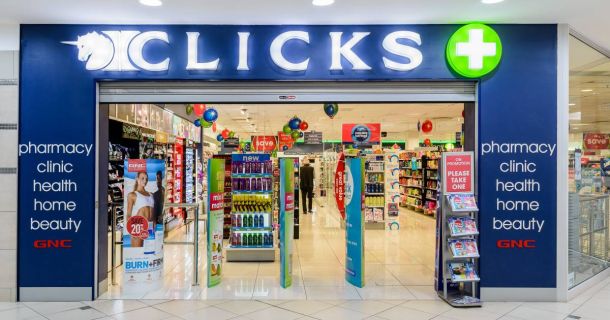
Clicks reports resilient first-half as earnings...
